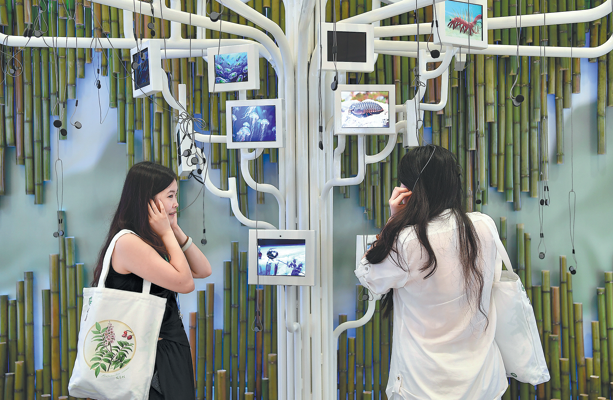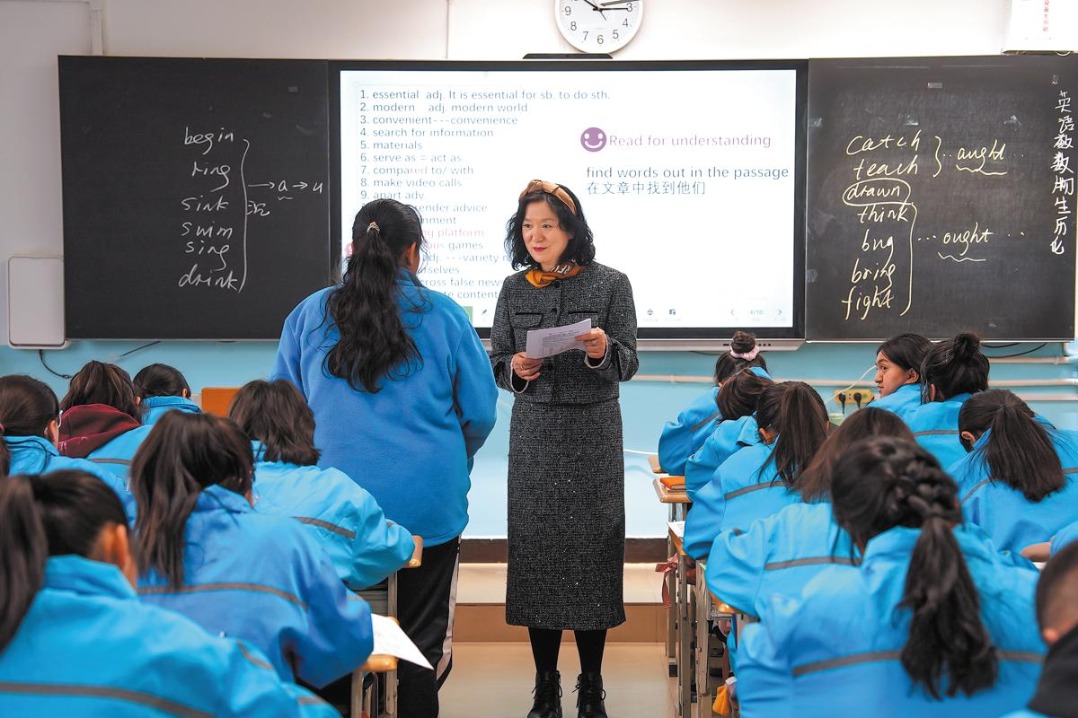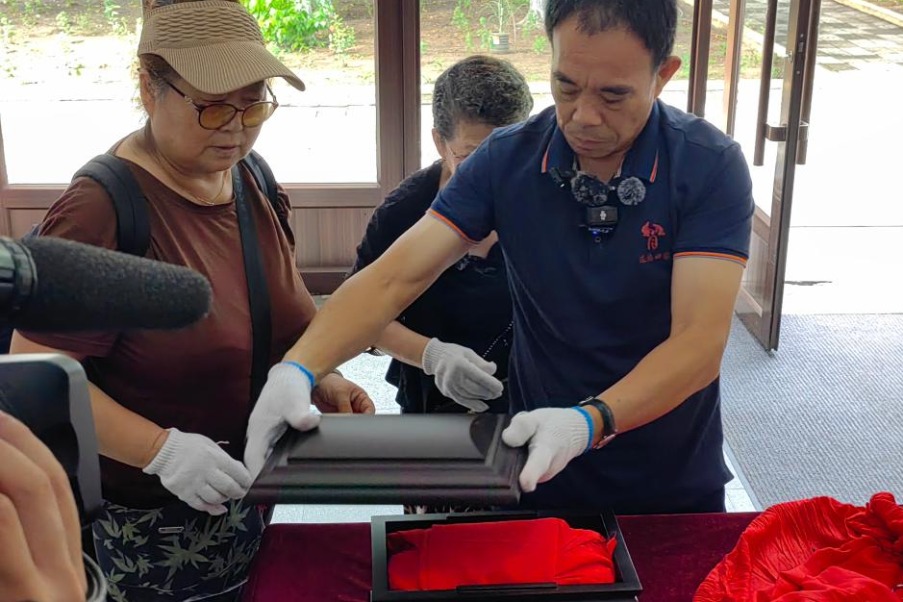Global cooperation key to biodiversity conservation


Amid increasing global challenges, experts from around the world gathered on Monday in Hangzhou, Zhejiang province, to discuss environmental and biodiversity conservation, highlighting the key roles of international cooperation and technological innovation.
Addressing the opening ceremony of the 5th World Congress of Biosphere Reserves, Vice-Premier Ding Xuexiang called for strengthened global cooperation on biosphere conservation.
Since the 18th National Congress of the Communist Party of China in 2012, Ding said, China has achieved "remarkable progress" in ecological protection and green development. China has also actively contributed to global environmental and climate governance, playing a key role as a participant, contributor and leader in international ecological efforts.
To address global environmental challenges, Ding urged countries to strengthen coordination and cooperation, increase investment and encourage participation from governments, enterprises and the public. He also called for enhanced scientific and technological support, the sharing of research outcomes, and efforts to bridge knowledge gaps between countries and regions.
Ding highlighted the importance of biosphere reserves in promoting harmony between humans and nature and fostering coordinated progress between economic growth and environmental protection.
The congress, which is convened by UNESCO every 10 years, aims to evaluate progress, share experiences, and set future directions for the Man and the Biosphere Programme.
Latifa Yaakoubi, chair of the International Coordinating Council of the MAB Programme, said countries around the world are now facing a series of interconnected crises, including climate change, biodiversity loss and pollution. The impacts of these crises are intensifying, affecting everyone and threatening the foundations of socioeconomic systems.
Yaakoubi said the goal of the MAB Programme, established in 1971, is to enhance understanding of the connections between humanity and nature. This understanding is crucial for changing behaviors and building a more sustainable future.
The program can bridge global ideals with local and regional actions, align national agendas with international ones, and fulfill sustainability commitments at local, national and international levels, she said.
Audrey Azoulay, director-general of UNESCO, echoed Yaakoubi's comments, adding that ecological multilateralism is central to UNESCO's work.
The World Network of Biosphere Reserves now includes 759 biosphere reserves across 136 countries, which Azoulay said demonstrates "concrete multilateralism".
Azoulay also highlighted an island watch program in Mauritius, where local communities are becoming observers and actively involved in monitoring environmental changes.
"Gaining a better understanding of the living world also means raising awareness of indigenous knowledge and integrating it better into our management policies," Azoulay said, stressing the importance of open science and international cooperation.
Hou Jianguo, president of the Chinese Academy of Sciences, said new technologies, including artificial intelligence and biotechnology, have created favorable conditions for collective efforts to tackle global ecological and environmental challenges.
"The establishment and development of biosphere reserves not only provide important application scenarios for the practical implementation of new theories, technologies and products, but also serve as an important platform for countries to jointly strengthen ecological conservation efforts and cooperation, thereby achieving common sustainable development," Hou said.
He emphasized the importance of deepening technological communication and cooperation to empower the construction of biosphere reserves by leveraging the World Network of Biosphere Reserves, universities and research institutions. This collaboration should focus on key areas such as ecological restoration, biodiversity protection, and green and low-carbon development, providing more effective solutions.
"We should strengthen the co-construction and sharing of foundational capability building," he said, adding that a big data platform should be built to enhance exchanges and cooperation in data sharing and talent cultivation, thereby establishing an intelligent, integrated ecosystem research and monitoring network.
He also called for greater attention to the challenges faced by developing countries in balancing socioeconomic development with ecological and environmental protection, emphasizing the need to provide them with tailored solutions.
limenghan@chinadaily.com.cn





































